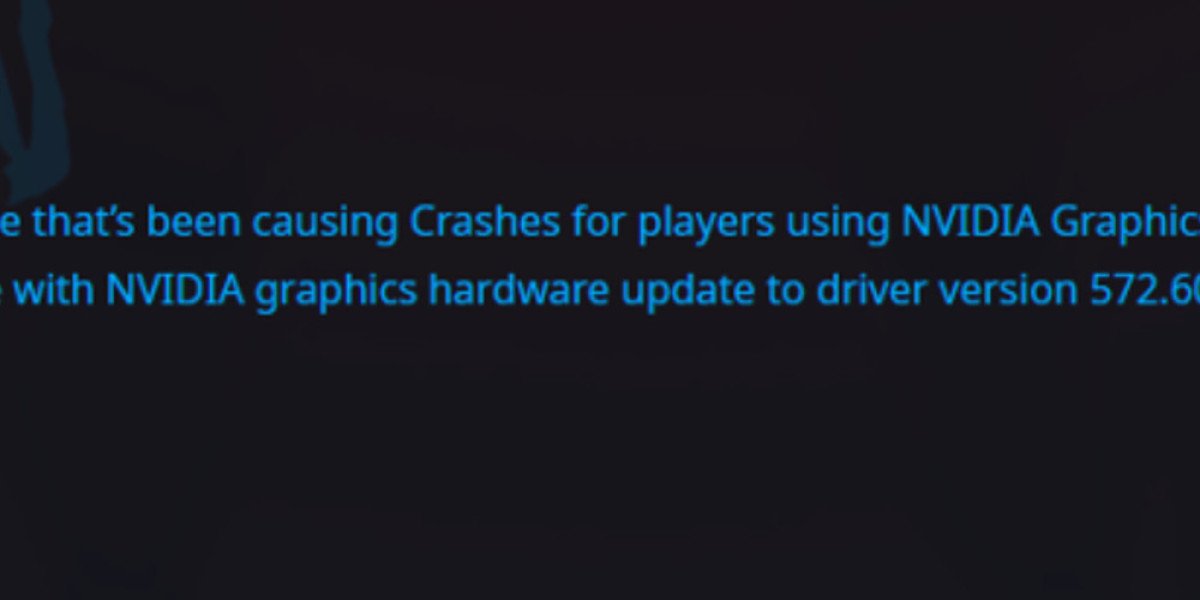The effective use of smart glasses in healthcare is highly dependent on the integration of patient data. The Medical Smart Glasses Market is evolving to address the need for seamless, real-time access to electronic health records (EHRs). By connecting smart glasses to a hospital's EHR system, healthcare professionals can instantly access a patient's medical history, lab results, and diagnostic images with simple voice commands or gestures.
This hands-free data access streamlines the clinical workflow and improves decision-making. For a surgeon, it means having a patient's allergy information or a history of previous procedures displayed in their field of view. For a paramedic, it means having critical patient data immediately available at the scene of an emergency. The ability to visualize and interact with data in a heads-up format reduces the time spent on administrative tasks and allows professionals to be more present with their patients.
As the market grows, the focus will be on creating interoperable systems that can securely and efficiently exchange data between smart glasses and various healthcare platforms. This will unlock the full potential of these devices and make them an indispensable tool for a data-driven approach to medicine. Discover more about the role of data in the Medical Smart Glasses Market.
FAQs:
Why is data integration important for smart glasses? Data integration allows for hands-free, real-time access to electronic health records, which improves workflow efficiency and reduces errors.
How do smart glasses protect patient data? They must be designed with robust security protocols to ensure that sensitive patient information is encrypted and transmitted securely.



